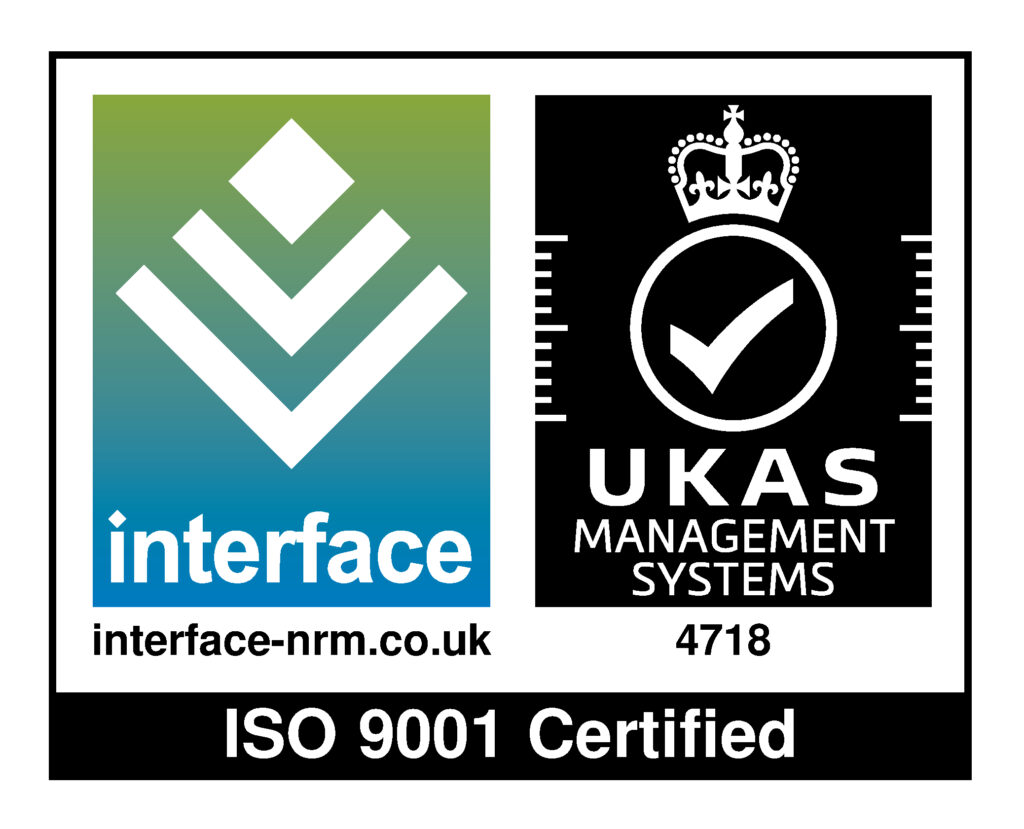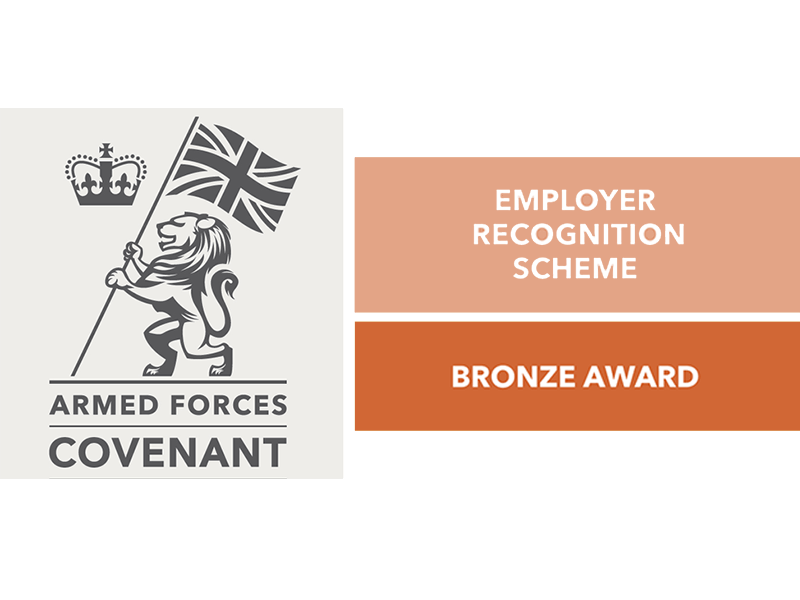EASA provide European-wide drone registration sharing
The European Union Aviation Safety Agency (EASA) has created a secure, digitized system for the exchange of drone registration data among the national authorities of the European Union (EU) member states.
This represents major progress in the rollout of the latest EU drone regulations, formally known as “Commission Implementing Regulation 2019/947.”
These regulations, which are set to go into effect on Dec. 31, 2020, after pandemic-driven postponenment, require, among other things, that drone operators register as users of their drones, via their national aviation authorities, into an EU-wide system that can be accessed by authorities in every member state.
Which drones will need to be registered under the new regulations?
Initially, the regulations call for the mandatory registration of drone operators and of “certified” drones, which tend to be larger drones that are primarily used for business purposes.
However, the regulations include additional registration requirements that will gradually be introduced over the course of the next year.
How will drone registration impact me as a commercial drone operator?
If you are a commercial drone operator and work in multiple EU countries, this development could ultimately make your life easier, because the new system will allow you to register in one EU state and skip re-registering again and again each time you need to operate in another EU state.
However, the database corresponding to this registration system is due to be launched in increments between mid-2022 and end-2024, and until it is completely operational, you might need to put up with certain redundancies and inconveniences depending on where and when you want to operate.
Another potential upside of this development is that it’s promoting greater cohesion and transparency between EASA member states, which could make the EU a better place for drone pilots in general.
According to a EASA’s press release, the new drone registration data exchange will serve as a pilot for a larger initiative to create a fully centralized database of information on certification, oversight and enforcement, at EASA.
The idea is that this will lead to more effective cooperation between EASA and its Member States could translate into better creation and implementation of regulations that would ultimately help you.
I’m from the UK. What happens with Brexit?
The United Kingdom government claims that throughout the Brexit transition period, its goal has been to “ensure continued transport connectivity in support of successful economic and social ties, and as part of a deep and special future relationship [with the EU.]”
However, the CAA has stated that with less than two months to go before the end of the transition period, on 31 December 2020, there is no chance that the UK will continue to participate in EASA systems.
This is bad news.
According to the CAA, two relevant implications of its imminent separation from EASA are that:
- In the future, there won’t be any mutual recognition agreements between the EU and the UK for aviation licences, approvals and certificates.
- UK-issued licences and approvals that were issued when the UK was an EASA member will continue to have validity under UK law, but only those contained in EU Regulation 2019/494 will continue to have validity within the EU system, as defined by that regulation.
- The EU will treat UK pilots and UAS operators as third country operators starting January 1, 2021.
To sum up, Brexit makes things complicated, and if you’re a UK citizen and commercial drone operator, you’ll need to check with the authorities of the EU country where you want to operate.
I’m an EU resident. What about me?
Also, as mentioned, it’s not clear how quickly the one-registry system will go into effect across the EU.
It’s better to err on the side of caution, so unless EASA explicitly states otherwise in the coming months and years, our recommendation is that until 2025, you check with local authorities about registration requirements.
On a positive note, if you’re an EU drone pilot looking to operate in the UK, things might be a bit easier for you than your UK counterparts who want to operate in the EU. For the time being, the UK plans to minimize additional requirements for licenses, approvals and certificates from EU aviation and aerospace companies that wish to operate in the UK.
In other words, the UK is likely to honor your EU registration, either by simplifying the process of registration in the UK or waiving it entirely.
Why don’t we have just one, global registration number for drone pilots?
This is every UAS operator’s dream, but instituting a global registration system number would require levels of consensus and cooperation that are simply unprecedented in the international UAS governance space.
The EASA system, if successful, could set a precedent for a more streamlined registration system. In the meantime, foreign operators will just have to continue navigating red tape each time they want to fly in another country.
**
About Consortiq
At Consortiq, we enable governments, organizations, and NGOs to utilize UAS (drone) technology by providing consultation, unmanned data services, and our internationally recognized, award-winning training. We support these organizations from proof-of-concept through implementation.
We are expert drone professionals and market leaders in providing custom and innovative unmanned technology solutions for businesses worldwide.
It’s our mission to help you understand the advantages drones can offer your organization. As a talented group of former military and civilian, rotary and fixed-wing, manned and remote pilots and former air traffic professionals, we understand the intricacies of operating drones in the national airspace system.
With headquarters in both the United States and United Kingdom, we can help you navigate the process from start to finish, globally!
Consortiq is equipped to service companies of any size or industry. Whether we’re training your staff, or helping you scale up the operation, our broad portfolio of solutions is designed to help your organization fly safely.
Schedule your risk-free consultation below!

Miriam Hinthorn - Contributing Author
Miriam Hinthorn is an experienced management professional who is currently pursuing her master’s in Data, Economics, and Development Policy at MIT while serving as principal consultant at Consult92.
Miriam developed a love for UAS technology when she served as operations manager at Consortiq. Today, having completed over 30 successful projects in 10 countries, she loves solving a wide variety of logistical, technical, and cultural challenges for her clients so that they can focus on what care about most.


